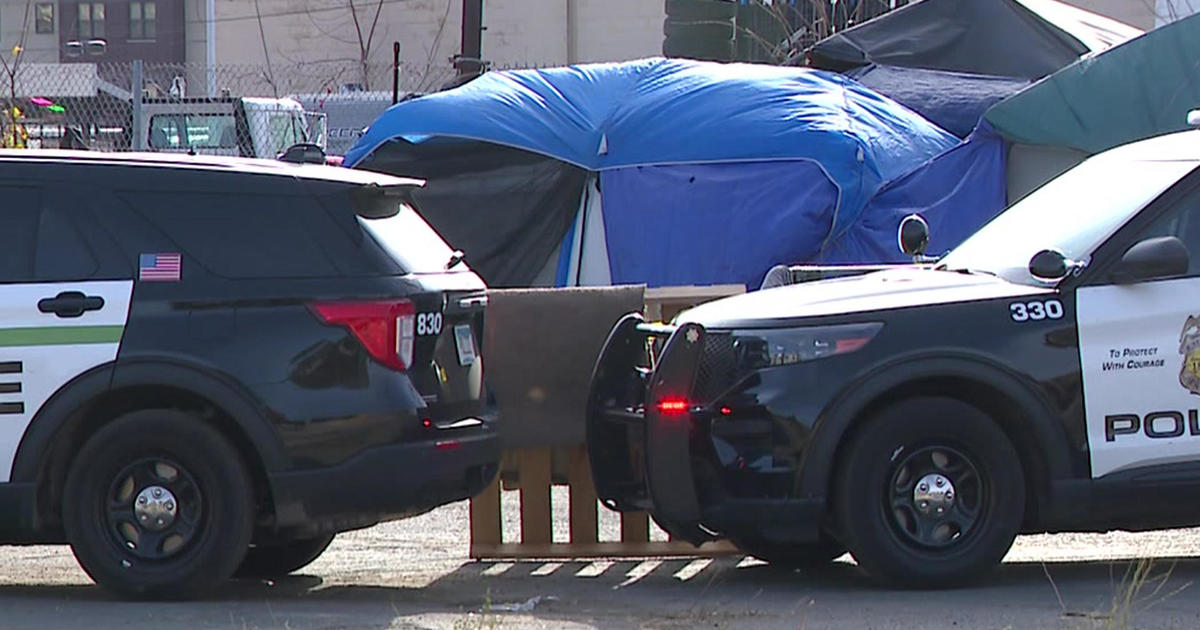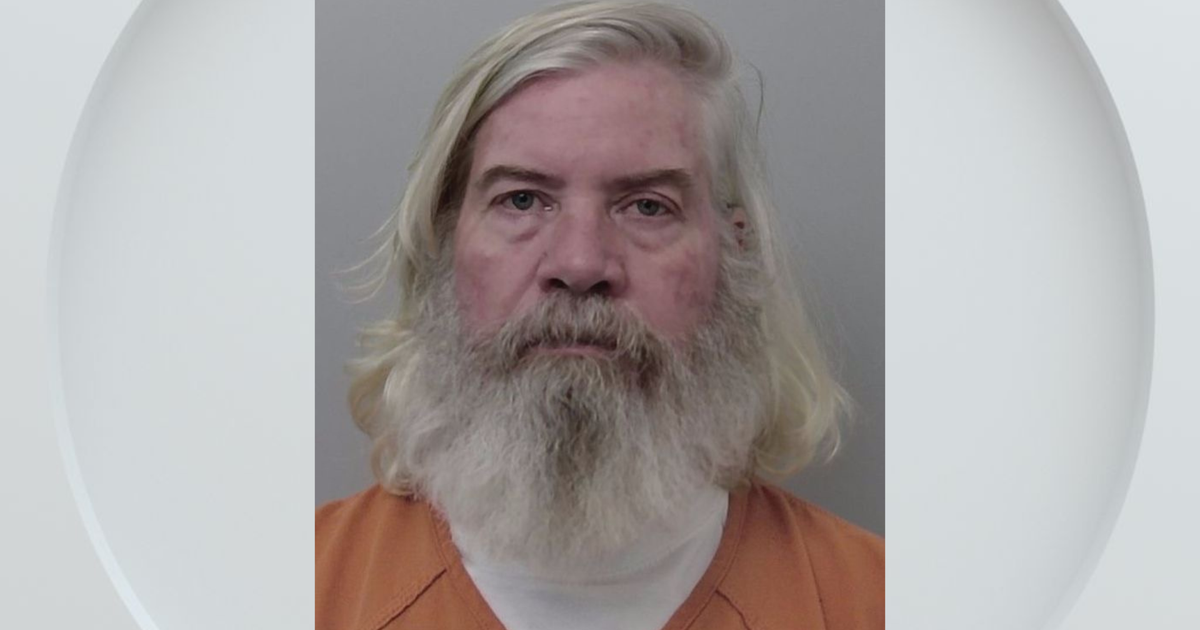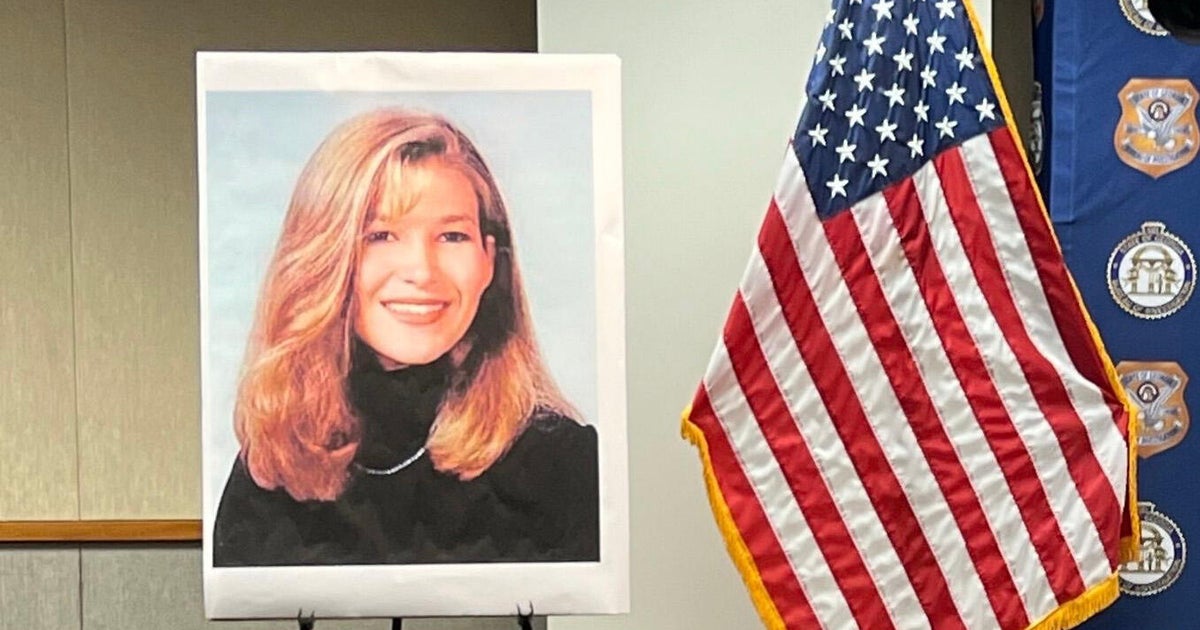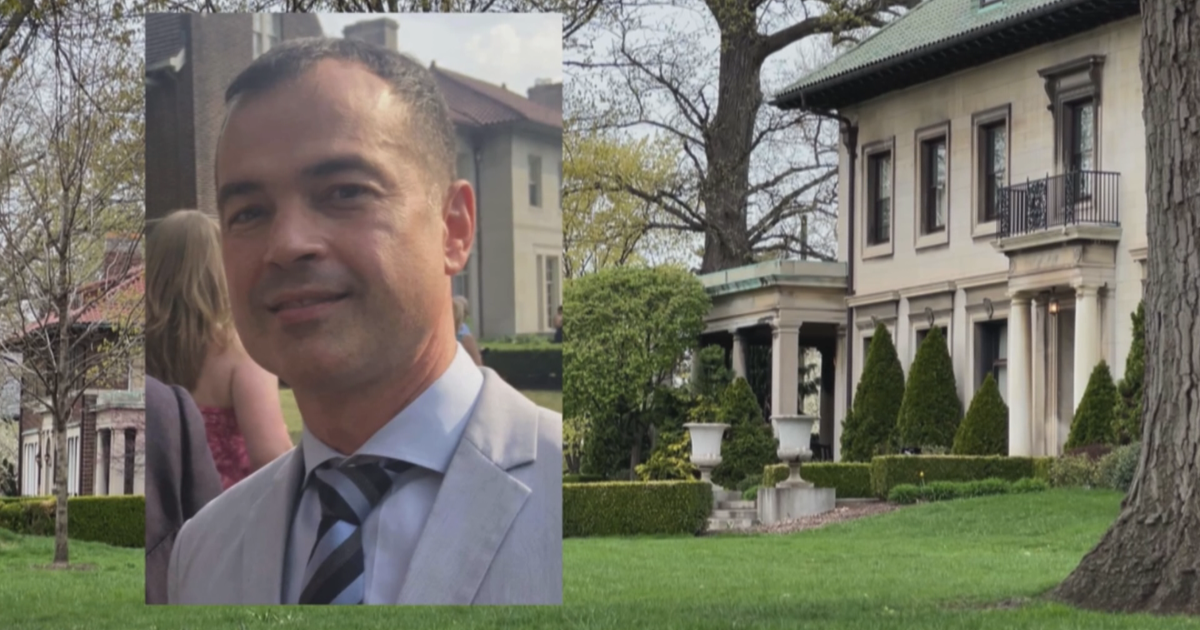Pennsylvania's mandatory life sentence for 2nd-degree murder denies redemption, former inmate says
PITTSBURGH (KDKA) -- As a young man on the streets of Homewood, Robby Wideman was bound for trouble. At just 24, he got involved in a robbery gone wrong. Things went south when his accomplice shot and killed the victim, and Wideman went to prison for life without the possibility of parole, even though he didn't pull the trigger.
"I was involved in a man getting killed. I didn't kill him. Didn't expect it to happen. I was in that lifestyle. So, I don't say, 'oh, I should have never went to prison.' Yeah, I should went to prison for what I did, but for life?" he said.
Like more than 1,000 other state inmates serving life for second-degree murder, Wideman was given a future without hope. Opponents call it death by incarceration -- a punishment both cruel and unusual and a violation of both the state and U.S. constitutions, denying an inmate any chance of redemption.
"It discourages a man from trying to change almost. I know you can understand that. In some way it makes sense. Why should I? You tell me I'm never going home," Wideman said.
But now the state Supreme Court will hear the case that may change that. This fall, it will take up the sentencing of another local young man involved in a similar robbery gone bad.
Even though Derek Lee did not pull the trigger in a homicide in the city's West End ten years ago, he's serving mandatory life. His attorneys are asking the courts to declare the sentence unconstitutional, allow Lee to be re-sentenced and open the door for others.
Wideman says not only would the state save about $50,000 a year for housing each inmate, communities would benefit from the re-entry of reformed inmates.
"If the court overturns second-degree murder and quits putting people in prison who didn't kill anyone, society is going to win," Wideman said.
Even though he had no chance at freedom, Wideman did change for the good. In prison, he quit drugs and alcohol, became a counselor to other inmates and earned a degree. His struggle became the subject of the book "Brothers and Keepers" -- a memoir by his brother John Edgar Wideman, the nationally renowned Pittsburgh novelist. Finally, after 44 years in prison, then-Gov. Tom Wolf commuted Wideman's sentence.
Today, Wideman runs a three-quarter house for former inmates, giving them a place to live, job training and the support they need to re-enter society. Wideman says he is dedicating the rest of his life to using his hard-won experience and wisdom to help others. His hope is that lifers like him will someday get parole and join the others.
"Trying to help people. For me, that's what it's about. That's what it's about. I made a promise to the guys that I left behind that I would and I'm trying my best to hold up my word," he said.
This case is expected to go in front of the state Supreme Court in October, but Gov. Josh Shapiro has already weighed in, filing a surprise brief asking the court to declare these mandatory sentences unconstitutional.







